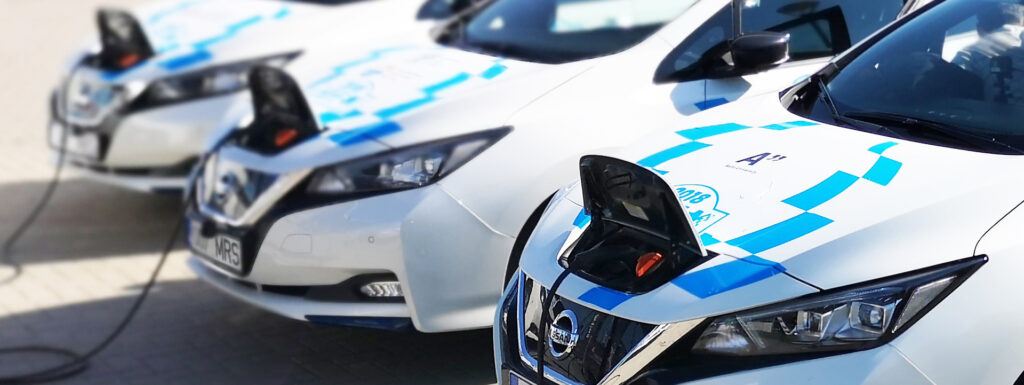A consortium headed by Fuuse has received nearly £200,000 in grant funding from the UK government to support the development of vehicle-to-everything (V2X) technology.
Project partners of the consortium include Turbo Power Systems (TPS), Gridicity and Power Network Distribution Centre (PNDC).
The funding, which has been provided as part of the UK government’s V2X innovation programme, is aiming to support the development of a range of smart energy applications. V2X in particular could well be a revelation for the UK energy industry.
Not only does V2X provide a smart means to provide energy to power homes, but it can also provide flexible services for the energy grid. In periods of peak demand, energy could be taken from the vehicles to prevent blackouts across the country. Although controversial, this could well be a key technology as the UK transitions to renewable sources.
“As momentum for EV uptake accelerates and more pressure mounts on fleets to make the transition, we must focus our efforts on resilience, for not only organisation sites, but the wider grid. We must enable fleets to transition as responsibly and efficiently as possible,” said Dr Will Maden, CEO of Fuuse.
“This project is another step toward organisations becoming self-sufficient when it comes to their site energy infrastructure. Fleets who can harness and redistribute their EV battery energy where it is most needed will not only reap operational and financial rewards but become a key player to providing the support the UK will need in its EV rollout goals.”
As part of the project, TPS will provide essential hardware to enable maximum efficiency of the solution. Fleet electrification specialists, Gridicity will aim to produce smart intelligent forecasting of energy demand and supply.
The Fuuse software will combine these insights and determine where to distribute the energy most efficiently within both an organisation and the grid. PNDC will power the testbed of this project at the University of Strathclyde.
“Knowing when EV charging demand and other building demand is expected allows for intelligent microgrid-like capabilities on the sites of fleet customers for the day ahead,” said Alicia Blatiak, CEO and co-founder of Gridicity.
“The V2X solution we are working on as a consortium will be of benefit to customer sites, making the most of energy tariffs, local energy generation and offering grid services. We are pooling expertise to operationalise the potential of V2X technology.”
A similar V2X consortium was launched last week by Kaluza, Volkswagen, OVO Energy and Indra aiming to explore bidirectional charging programme and to develop business models for the technology.
The INFLEXION consortium will see the organisations look to develop V2X business models and reward customers with propositions that could increase EV adoption and affordability.
INFLEXION will utilise bidirectional charging using combined charging system (CCS) technology in what would be its first real-world use, the firms said. This will enable V2X technology to be compatible with modern EV models.





